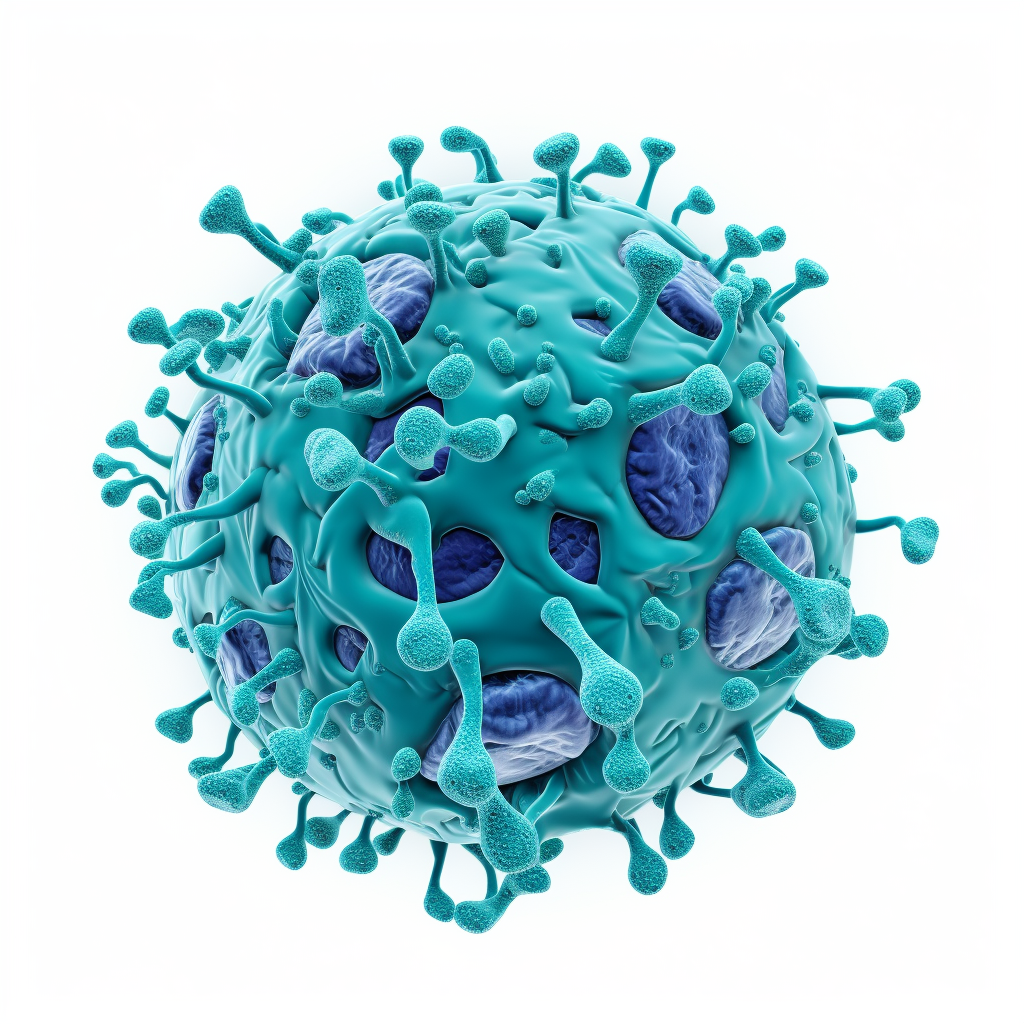
Bringing cell therapies for autoimmunity into the mainstream
Autoimmune patients have long been underserved by treatments that are blunt instruments. While repurposed oncology cell therapies hint at new avenues, they aren't optimized for the realities of today’s autoimmune patients. We’ve set out to change that via therapeutics optimized for safety and patient access.
The oncology cell therapy paradigm is not the answer in autoimmunity
While the feasibility of CAR-T therapy for autoimmune diseases has been underscored by the efficacy seen in early trials, there are significant limitations:
Patient Selection Dilemma: CAR-T's toxicity demands meticulous patient selection. It's a delicate balance: patients must be sufficiently ill to warrant this novel therapy but not so compromised that they are extra sensitive to potentially fatal adverse events like cytokine release syndrome (CRS) and Macrophage Activation Syndrome (MAS).
Accessibility Issues: The current reliance on autologous products restricts widespread patient access. Treatments are predominantly available only in elite medical institutions. To adequately serve high-risk lupus patients, it would require over 20 times the current commercial CAR-T doses.
Need for Lymphodepletion: Burdensome and toxic chemotherapy regimens are standard practice prior to cell therapy administration. In order to bring these therapies to significantly more patients, these protocols must be eliminated.
These challenges underscore the pressing need for a more universally applicable solution.

Our answer… Cell therapy efficacy in a drug-like package
Broad Accessibility
Off-the-shelf CAR-NK chassis
Leverage the 20+ year clinical safety record of NK cells
Unlike CAR-T, where drug kinetics can be highly variable, NK cells have a well-defined kinetic profile. They go in, do their job, and disappear
Avoiding lymphodepletion
Express engineered receptors to overcome lymphodepletion requirement
Massive increase in accessible patient population
Tailored Potency
Best-in-class NK-specific CARs
Eliminate autoreactive cells
Doubled potency window over legacy CARs
Switch Receptor Arrays
Tune potency for different patient subsets
Leverage multiple mechanisms of action to address heterogeneous diseases
How we approach cell therapy design differently
Accelerating cell therapy discovery with rapid prototyping and generative design
Drawing inspiration from agile engineering approaches, we’re designing cell therapies from building blocks, using pre-made components that can be combined in different ways to achieve complex design goals. We rapidly prototype and test thousands of cell designs in parallel to identify the most effective combinations of components for a given set of design goals. Executing these state-of-the-art synthetic biology approaches in primary immune cells has required multidisciplinary innovation in both molecular and cell engineering.
Tools: Switch Receptor Arrays
Switch receptors are powerful cell engineering components that give cells the ability to respond to environmental signals, even inhibitory ones, and convert those signals into activating or survival cues. Modulus has developed a platform for the discovery of novel switch receptors, which enables the precise control of CAR-T and CAR-NK cell activity in response to a switch ligand. This technology has the potential to improve the safety and efficacy of cell therapies by allowing for more precise control over their activation and targeting.
Tools: Best-in-class NK-specific CARs
Chimeric Antigen Receptors (CARs) are a type of engineered protein receptor that can be expressed on the surface of immune cells, particularly engineered T-cells and Natural Killer (NK) cells. CARs are designed to recognize specific antigens present on diseased cells and activate effector cells to target and destroy those cells. Modulus has developed a platform for discovery of custom CARs to enhance the persistence and cytotoxicity of T and NK cells. Our CAR-T and CAR-NK components are designed to enhance proliferation and cytotoxicity providing a deeper and more durable response against target cells.





















